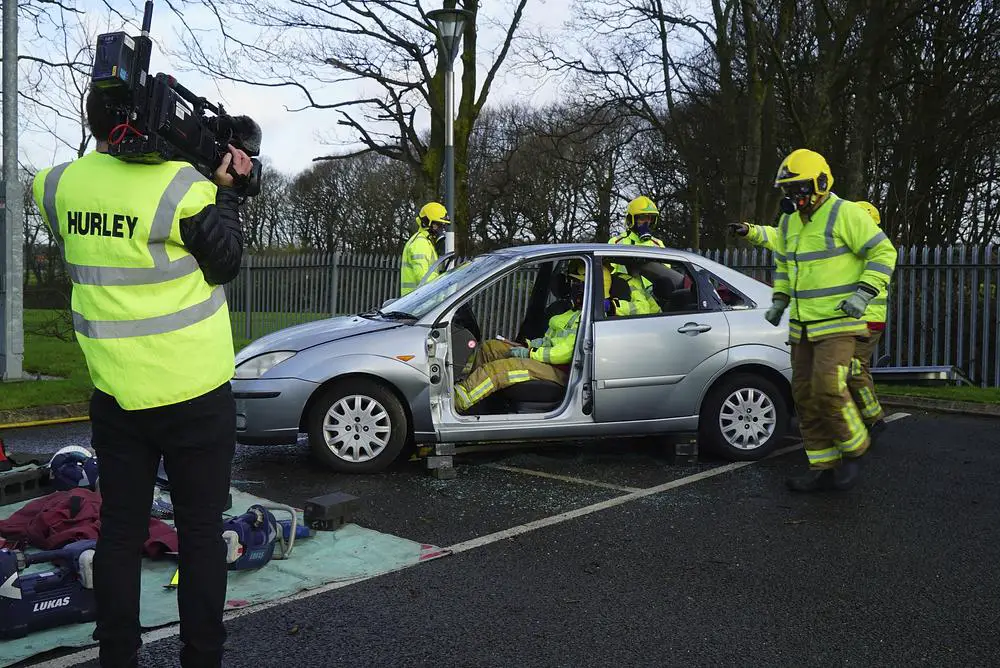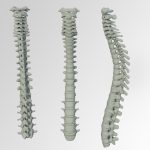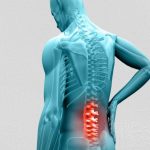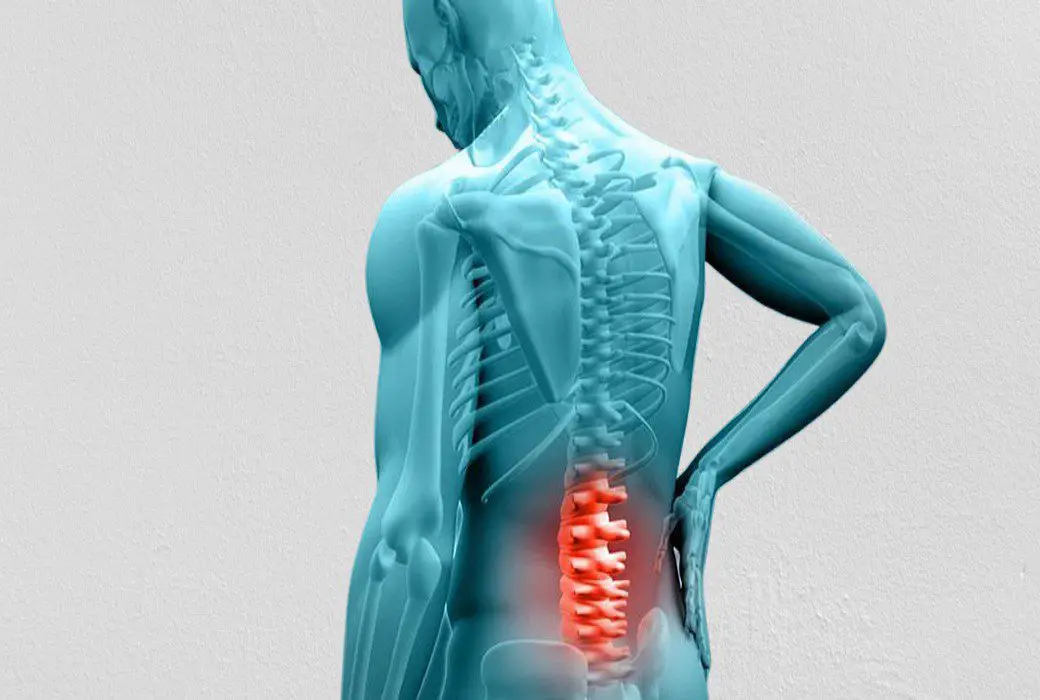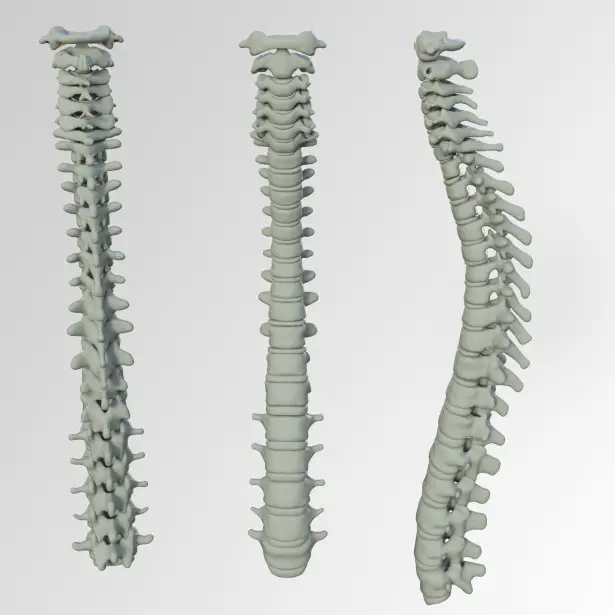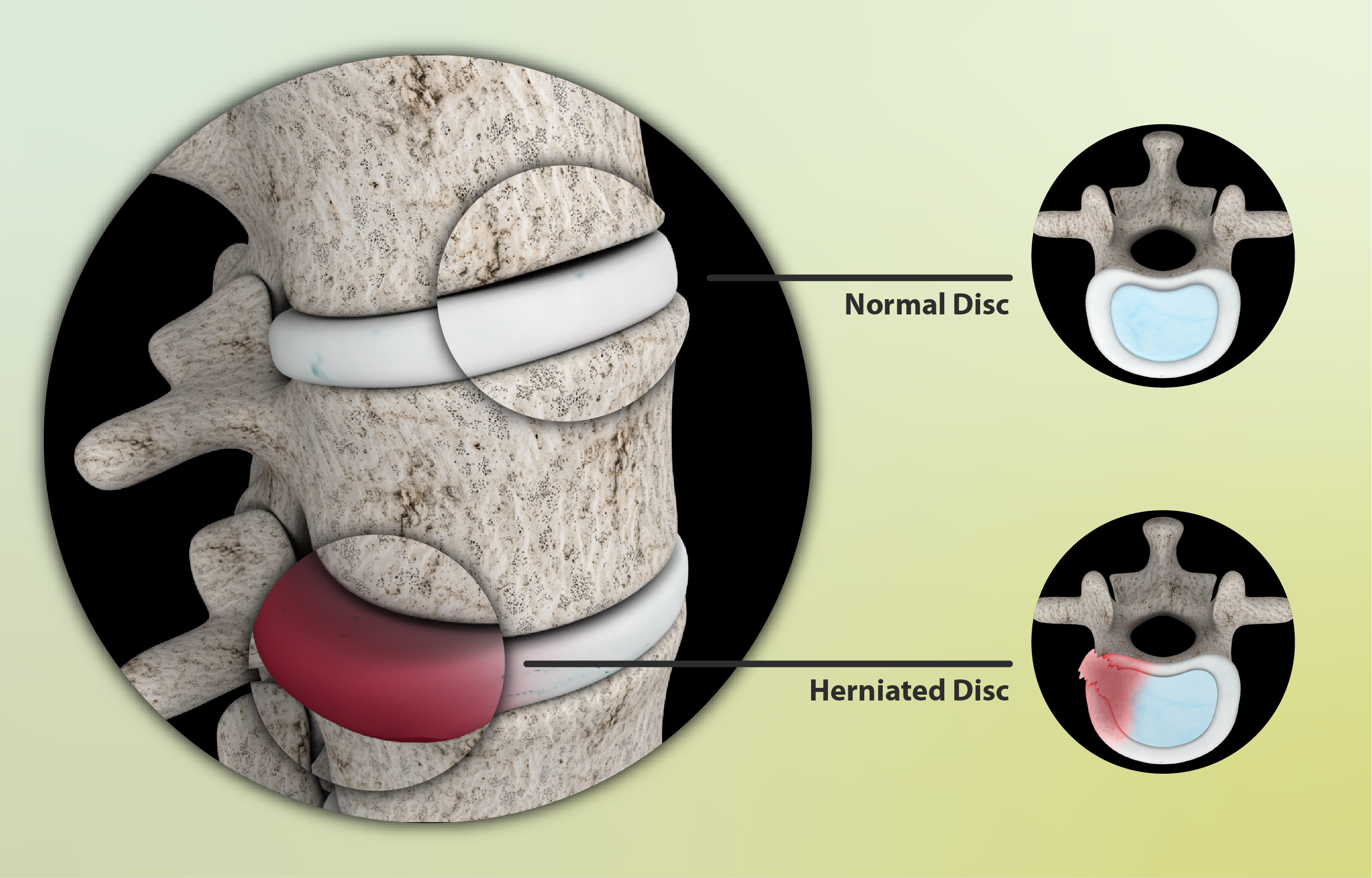Yes, a car accident can cause a herniated disc. A herniated disc is a condition that occurs when the discs between the vertebrae in the spinal column become displaced or rupture. This displacement can occur from sudden, traumatic force to the spine, such as from a car accident.
A person may experience pain, numbness, or tingling in the affected area due to pressure on nerve roots or on the spinal cord itself. In cases of severe trauma or multiple traumas to the spine, it is possible for multiple discs to be damaged and result in several herniated discs. It is important to get medical attention if you have been involved in a car accident so that any possible damage can be diagnosed and treated promptly.
Is A Herniated Disc A Permanent Injury?
A herniated disc is a condition that occurs when the soft, jelly-like material between two vertebrae in the spine pushes out and compresses the nerve roots. It can cause pain, numbness, tingling, and weakness in the area supplied by these nerves.
The good news is that a herniated disc is not necessarily a permanent injury. Depending on the severity of the injury, it can be treated with physical therapy or medications to relieve pain and inflammation. Surgery may also be required for more severe cases to remove or repair the damaged disc. With proper treatment, some people are able to make a full recovery from their herniated disc without any permanent damage.
Is A Herniated Disc A Serious Injury?
A herniated disc is a serious injury that can cause severe pain and discomfort, as well as long-term complications. It occurs when the soft inner core of a spinal disc pushes out through a tear in the outer ring of cartilage, compressing nearby nerves and causing inflammation or irritation.
Depending on where the herniation occurs, symptoms may include back or neck pain, numbness and tingling in the arms or legs, difficulty standing up or walking, weakness in the extremities, and even bowel or bladder incontinence. Treatment often includes rest, medications to reduce inflammation and pain, physical therapy to improve strength and flexibility, and sometimes surgery if more conservative treatments are unsuccessful.
A herniated disc can be very serious if not properly treated, so it’s important to seek medical attention right away if you suspect you may have one.
Can I Get Disability For A Herniated Disc?
It is possible to receive disability benefits for a herniated disc depending on the severity of the condition and how it impacts your life. To qualify, you must demonstrate that the herniated disc significantly interferes with your ability to work.
Medical evidence such as an MRI or CT scan is often necessary to prove that you have a herniated disc and its effects on your daily functioning. The Social Security Administration may also request additional information from your doctor about your condition, including any treatment plans or medications prescribed.
If it is determined that you are unable to work due to your herniated disc, you may be eligible for disability benefits.
What Does A Herniated Disc Fee Like?
A herniated disc is a painful and potentially debilitating condition. It occurs when the spongy cushioning material between two bones in the spine, known as discs, becomes damaged or ruptured. This can cause a variety of sensations, including pain in the back and neck, numbness, tingling and burning in the arms or legs.
In some cases, it may also cause weakness or paralysis in one or more limbs. Symptoms may be worse while sitting or standing for long periods of time and can worsen with activities like coughing or sneezing. Some people may also experience headaches and dizziness.
Treatment may include medications to reduce swelling and inflammation, physical therapy to improve strength and flexibility, and surgery if necessary. It is important to see your doctor right away if you are experiencing any symptoms of a herniated disc so that they can create the best treatment plan for you.
Can A Neck Injury Cause A Herniated Disc?
Yes, a neck injury can cause a herniated disc. When the neck is injured, it can cause discs in the spine to become damaged or weakened. This can lead to a herniation, which occurs when the soft inner material of the disc begins to bulge out and press on nearby nerves.
Common causes of neck injuries include car accidents, sports injuries, falls, and repetitive motions such as lifting heavy objects. Symptoms of a herniated disc in the neck may include pain or numbness radiating down one arm, weakness in the arms or legs, balance problems, and muscle spasms.
If you think you have suffered from a neck injury that has caused a herniated disc, it is important to seek medical attention immediately for proper diagnosis and treatment.
Can Whiplash Damage The Spine?
Yes, whiplash can damage the spine. Whiplash is a type of neck injury caused by sudden and forceful movement of the head and neck, typically due to an impact from behind. It can cause ligaments, muscles, discs and nerve roots to stretch, tear or become compressed.
This can lead to severe pain in the neck area as well as headaches, dizziness and tingling sensations in the arms or legs. In some cases, whiplash can cause permanent damage to the vertebrae in the spine which could affect a person’s ability to move properly or control their muscles.
If you believe you are suffering from whiplash it is important to seek medical advice as soon as possible for an accurate diagnosis and treatment plan.
How is a Herniated Disc Diagnosed and Treated?
A herniated disc is diagnosed through a physical examination and imaging tests such as an MRI or CT scan. The doctor will look for signs of nerve damage and any areas of pressure on the spine that may cause pain. Treatment for a herniated disc typically involves rest, physical therapy, medications, and possibly surgery. Rest helps to reduce inflammation and relieve pain, while physical therapy can help to strengthen the muscles around the spine and improve flexibility.
Medications such as anti-inflammatories can help to reduce swelling and pain associated with a herniated disc. In more serious cases where the symptoms do not improve with conservative treatment, surgery may be necessary to remove or repair the herniated disc.
Can You Sue For A Herniated Disc After A Car Accident?
In most cases, you can sue for a herniated disc after a car accident. If the herniated disc is related to the car accident, then you may be able to receive pain and suffering damages as well as medical expenses. A herniated disc after a car accident is usually caused by whiplash or when your body jerks forward and back harshly.
The force that your spine experiences during this motion can cause a herniated disc. In order to sue for a herniated disc after a car accident, you must be able to prove that the injury was caused by the accident and that it is directly related to it. You should also be able to prove that you are experiencing physical pain and suffering due to the herniated disc.
Consulting with an experienced personal injury attorney can help you determine if you have grounds for suing for a herniated disc after a car accident.
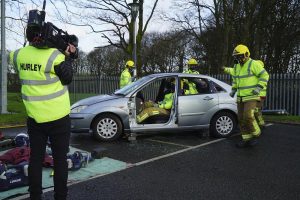
What Kind Of Spinal Injuries Typically Occur From Car Accidents?
Spinal injuries are a common result of car accidents. Depending on the severity of the car crash, these can range from mild back pain to much more serious back injuries. Neck and back injuries typically take the form of a bulge or herniated disc, which is caused by a tear in the tissue between the vertebrae that allows for a bulging or herniated disc to form.
This is often seen following a car accident when an individual experiences back pain due to trauma from the impact. If left untreated, it can lead to further issues such as muscle weakness, numbness and even paralysis if severe enough. In some cases, surgery may be required in order to repair any damage done as a result of a car accident.
While spinal injuries may not always be immediately apparent following a car accident, it is important to seek medical attention if you experience any sort of back pain so that potential problems can be identified and treated before they worsen.
What Are Some Symptoms Of A Herniated Disc?
A herniated disc is a medical condition in which the cushioning discs between the vertebrae of the spine become damaged or ruptured. Symptoms of a herniated disc can vary from person to person, but they often include back or neck pain that may range from mild to severe.
Other common symptoms include numbness and tingling in the arms or legs, muscle weakness, difficulty walking, and radiating pain down one side of the body. In some cases people may also experience headaches, fatigue, and changes in bladder or bowel control.
Back pain is usually the primary symptom of a herniated disc and can be accompanied by other symptoms such as stiffness when moving around. If you experience any of these symptoms it is important to seek medical advice as soon as possible.
How Is A Herniated Disc Diagnosed?
A herniated disc is a condition in which a tear or protrusion of the intervertebral disc causes pressure on the spinal cord or nerve root. It usually affects the lower back or neck region, and can cause pain, numbness, tingling, and weakness in the affected area.
Diagnosis of a herniated disc can be made through physical examination and imaging tests such as X-rays, magnetic resonance imaging (MRI), computed tomography (CT) scans, and electromyography (EMG). Your doctor may also ask you to do certain movements to determine if your symptoms change with certain activities. If your doctor suspects a herniated disc based on your medical history and physical exam findings, they may order an MRI to look for evidence of nerve compression.
The MRI will help identify the location and size of the hernia so that treatment can be tailored to your needs.
